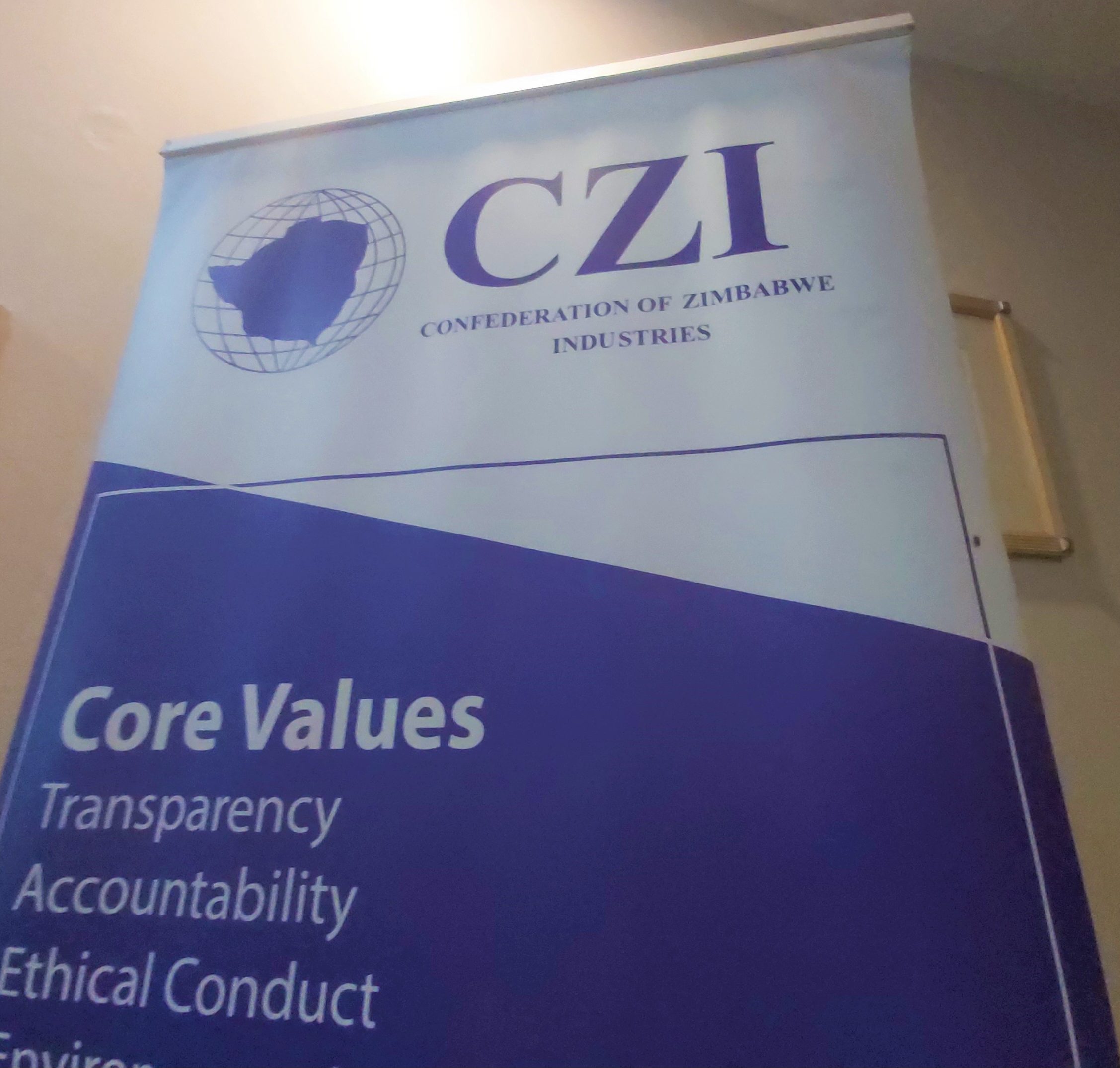Industry engages Zesa over power supply
Captains of industry say they will continue to engage with the power utility, Zesa) to ensure uninterrupted electricity supply to key productive sectors of the economy in order to maintain the current growth trajectory.
In the last quarter of 2022, the country witnessed excessive power outages that negatively affected business operations and resulted in heavy reliance on generators and other alternative power sources, thereby compromising the ease of doing business and increasing operational costs.
However, there has been marked improvement in power supply after the Government made frantic efforts to improve the situation through power imports.
Confederation of Zimbabwe Industries (CZI) president, Kurai Matsheza, said electricity challenges filter through to industry operations.
“We continue to engage each other to ensure we resolve the issues because without electricity, we cannot do much.
“There are moments when the power has stabilised for a week. However, there is a need to run on a sustainable basis maybe for a full quarter and that will bring comfort to industry operations,” he said.
Several other companies have invested heavily in solar power to alleviate the power situation and sustain operations.
Kariba Power Station, a 750 megawatts (MW) hydro power plant, has since increased its daily electricity generation output by 40 percent from 250 megawatts to 350 megawatts in response to the rising water inflows into Lake Kariba.
In its daily generation report, the Zimbabwe Power Company (ZPC) said overall output was now hovering around 750 megawatts from around 600 megawatts a month ago, with Hwange Thermal Power Station producing around 380 megawatts.
A number of Zimbabwe Stock Exchange (ZSE) listed companies are also optimistic of growth and profitability due to improvement in energy supply and decent rains being received that will boost the agriculture sector.
National Tyre Services (NTS) whose operations largely rely on electricity said its revenue for the quarter to December 31, 2022 and customer service delivery were negatively affected by power outages that disrupted the company’s retreading factories and retail operations.
“However, we are optimistic that the economy will recover, backed by an improvement in energy and agricultural produce growth given the current strong rainy season,” said Stewart Mandimika in an update.
ART Corporation on its part said the improved power supply will enable the optimization of its paper projects as the Group remains resilient and will be better placed to take advantage of emerging opportunities on completion of the ongoing capital expenditure projects.
The company is involved in the manufacturing and retailing of Lead-acid batteries, Pens, Stationery, Tissues, Hygiene products and Forestry Resource Management and has operations in Zimbabwe and Zambia.
The group’s units include Chloride Zimbabwe, Chloride Zambia, Exide Express, Eversharp, Kadoma Paper Mills, National Waste Collection, Softex Zimbabwe and Mutare Estates and ART products are also distributed in Malawi, Mozambique, South Africa, Zambia as well as other African countries.
Zimbabwe is set for a major electricity generation boost once the Hwange Power Station units 7 and 8 upgrade, to be completed sometime this year, which will see the station being boosted with 600MW capacity under a US$1,4 billion investment.
The expansion project, which started in August 2018, is being implemented simultaneously with the transmission infrastructure upgrade as well as the Deka water pipeline project, which is now about 85 percent complete.
Early this year President Mnangagwa said power challenges will be dramatically reduced as his Government was working on the ‘best and reliable’ power supply.
Mobile network and data provider, Econet Wireless Zimbabwe, as part of complimenting Government efforts on power generation said it has continued to invest in alternative power solutions in a bid to ensure network availability.
It said it would focus on green energy solutions, such as solar and battery storage which, however, require significant foreign currency investment.
Economist Dr Prosper Chitambara said improved energy supply would bring relief to a number of businesses as well as individual households as electricity is an enabler in doing business in any economy.
“We are expecting that once the Hwange 7 and 8 come on board, the situation is going to improve even further,” he said.
He said there was huge potential that the economy needs to leverage on and fully harness energy production using different sources such as solar and hydro.
“There are currently a number of projects that the Government has embarked on and once finished will add to the national grid and improve the country’s power supply situation.
“This will also remove cost pressures on companies and businesses, most of whom are relying on generators to sustain operations which is however expensive,” said Dr Chitambara.
The positive growth in the economy under the Second Republic has resulted in increased demand for power.
Another economist Vince Musewe said consistent energy was the fuel to economic activity. “A recovery in the supply of energy is key for the economy to achieve projected economic growth and this should be sustained,” he said.
State power utility, Zesa, recently said the prevailing electricity challenges would subside significantly from the second half of the year up to the end of 2024 buoyed by improved generation at Kariba South and Hwange power stations.-ebusinesswekly










